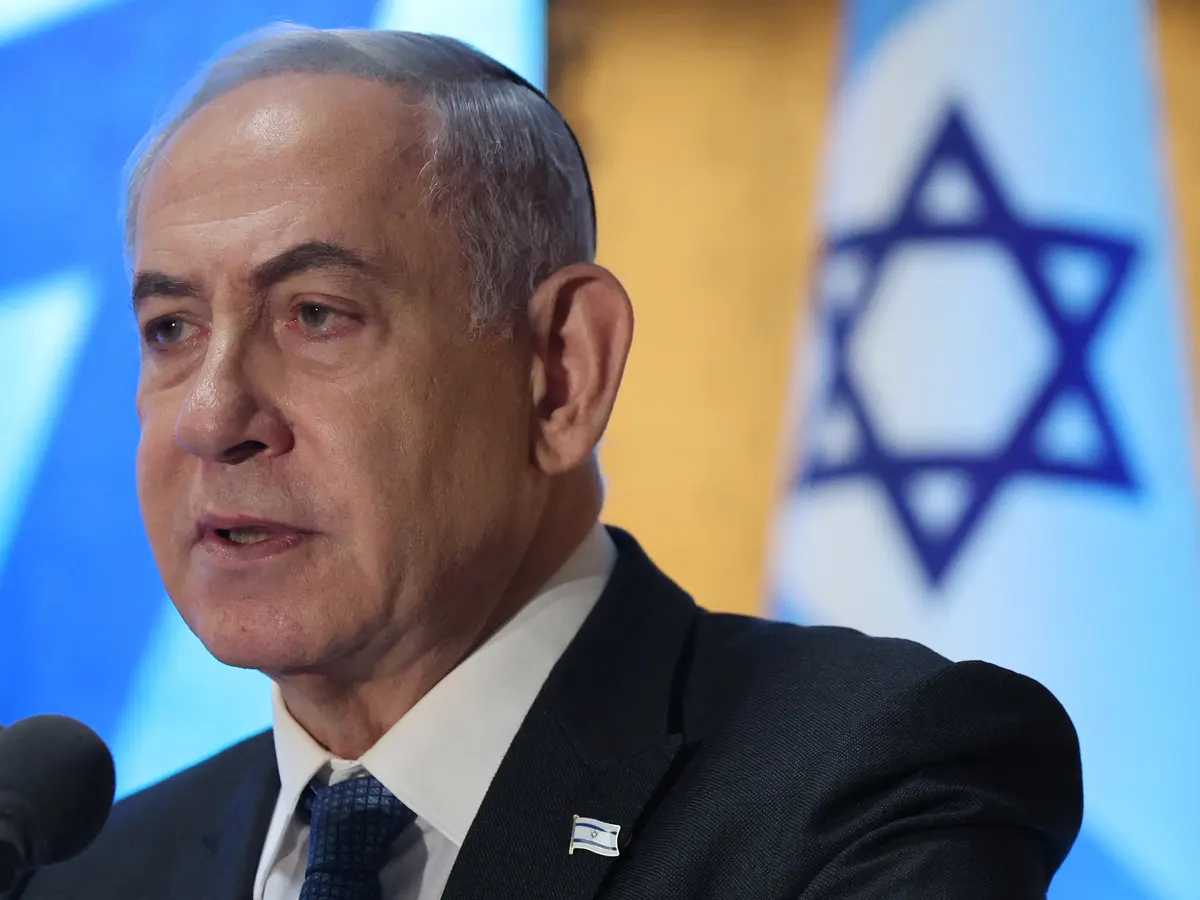In a charged and contentious session before a joint meeting of Congress, Israeli Prime Minister Benjamin Netanyahu delivered a fervent defense of his government’s actions in Gaza, dismissing allegations of war crimes with vehement defiance. The speech, marked by both applause and protests, underscored deep divisions within American politics and international relations.
Netanyahu’s Rebuttal and Calls for Support
Netanyahu’s hour-long address on Capitol Hill on Wednesday was a brazen rebuttal to international criticisms and domestic opposition. He categorically rejected accusations from the United Nations, human rights organizations, and the International Criminal Court, labeling them as “utter nonsense.” The Israeli leader’s speech, occurring as his government approaches a tenth month of conflict in Gaza, pleaded with Congress to expedite military aid shipments, asserting that faster weapon transfers would hasten the resolution of the ongoing crisis.
Congressional Divides and Protests
Netanyahu’s appearance before Congress highlighted stark divisions among lawmakers. While Republican leaders embraced his speech as a reaffirmation of strong U.S.-Israel ties, many Democrats voiced their discontent. Over 50 Democratic legislators, alongside some Republicans, boycotted the address, condemning it as political theater and a platform for a leader accused of egregious actions in Gaza. Outside the Capitol, protesters clashed with police, decrying Netanyahu’s policies and demanding an end to U.S. military support for Israel.
Domestic and International Backlash
In Tel Aviv, simultaneous protests reflected mounting dissatisfaction among Israelis, with families of slain hostages blaming Netanyahu for prolonging the conflict for political gain. Inside the House chamber, Netanyahu remained unrepentant, asserting Israel’s right to defend itself vigorously and portraying pro-Palestinian demonstrators as allies of Hamas militants.
The Diplomatic Landscape
Despite increasing criticism from within the Democratic Party, Netanyahu’s speech highlighted Israel’s enduring influence on American foreign policy and its status as the largest recipient of U.S. military aid. While some Democrats expressed reservations, Republicans rallied behind Netanyahu, emphasizing the strategic alliance amid regional turmoil.
Humanitarian Concerns and Ceasefire Efforts
Amid escalating casualties in Gaza, concerns over humanitarian crises intensified. Reports from Gaza painted a grim picture of civilian casualties and infrastructure devastation, fueling international calls for ceasefire negotiations. Despite U.S. efforts to broker peace, Netanyahu’s administration remained resolute in its military objectives, complicating diplomatic efforts aimed at ending the conflict.
Future Prospects and Criticisms
Netanyahu’s uncompromising stance has drawn sharp criticism from global leaders and humanitarian organizations, who accuse Israel of exacerbating civilian suffering. As calls for accountability grow louder, the future of U.S.-Israel relations hangs in the balance, with bipartisan tensions on full display in Washington.
Netanyahu’s address to Congress laid bare the complexities of international diplomacy and the divisive nature of Middle East policy in U.S. politics. As Israel’s military campaign in Gaza persists, the world watches closely, balancing support for security measures with calls for humanitarian intervention and peaceful resolution.

